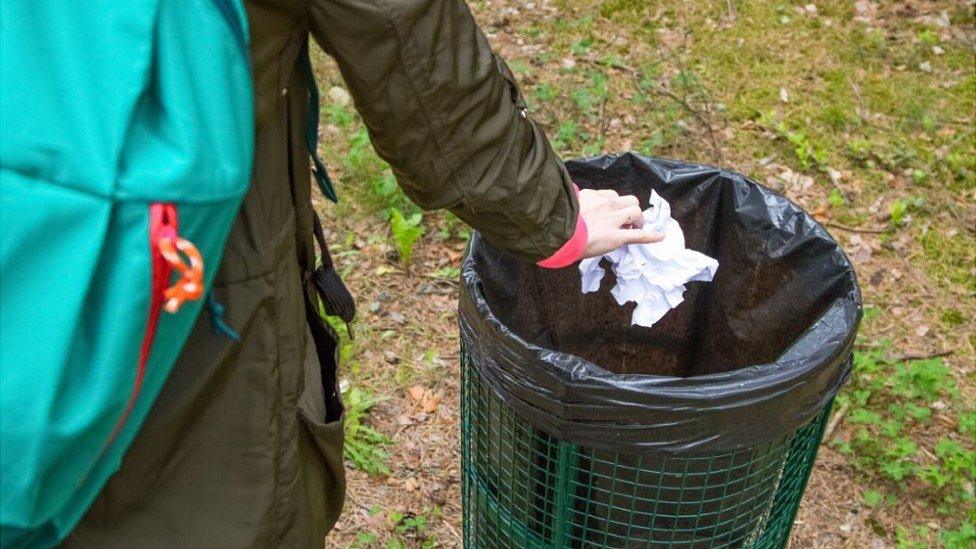City to pilot 'super-smart' solar bins
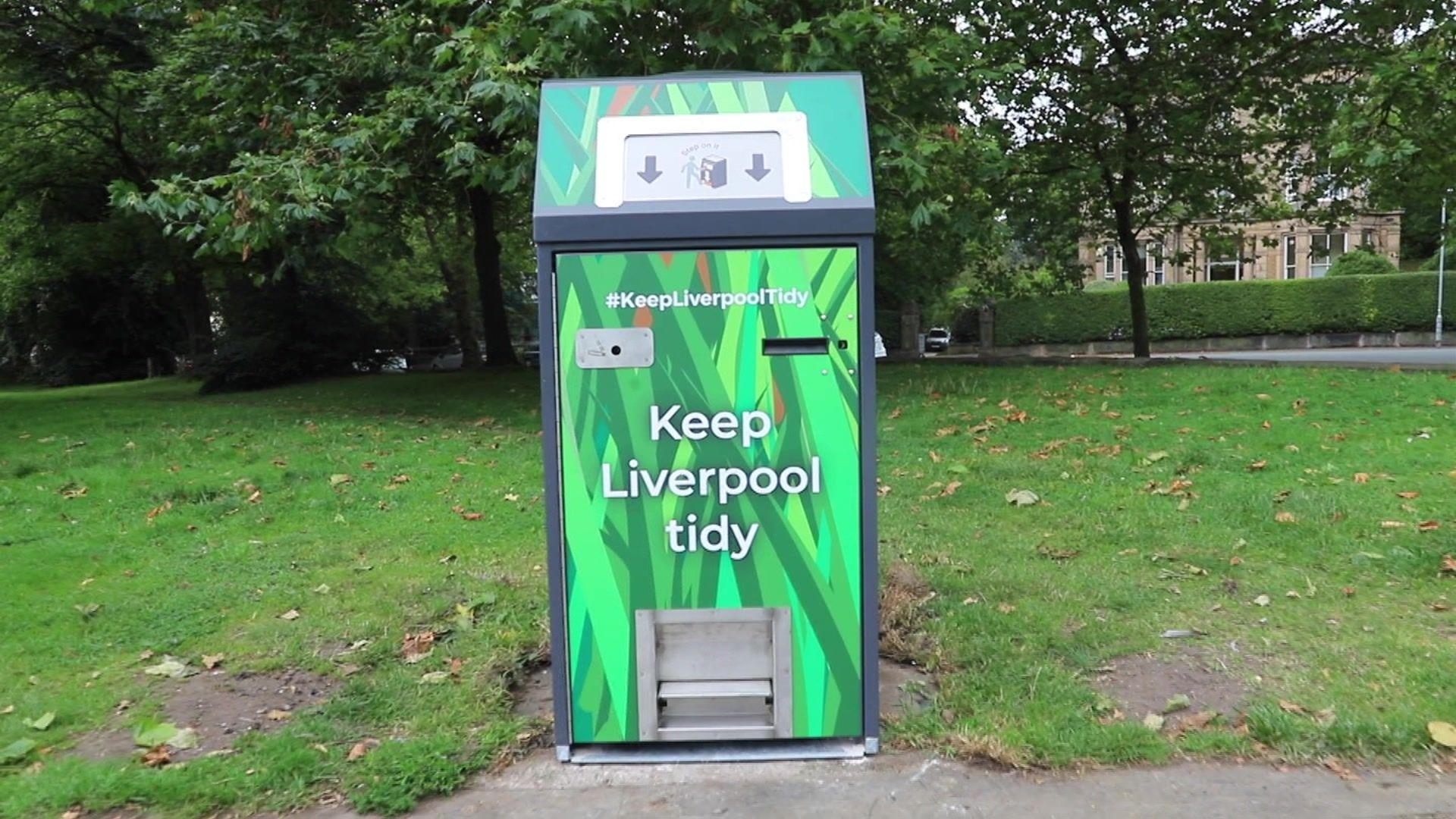
The first 20 bins will be installed this week at a number of key locations across the city
- Published
A city is set to trial new solar-powered bins that can sense when they are full and even make room for more rubbish.
The "super-smart" bins have sensor technology fitted which trigger a compactor to crush down the litter when it is close to being full, Liverpool City Council say.
The council said the new technology would allow the bin to take up to 100 per cent more litter than standard litter bins before it needed emptying.
The bins also send a signal to the waste depot when it is almost full, which the council said improves its collection efficiency, reducing both the time spent emptying bins and vehicle related carbon emissions.
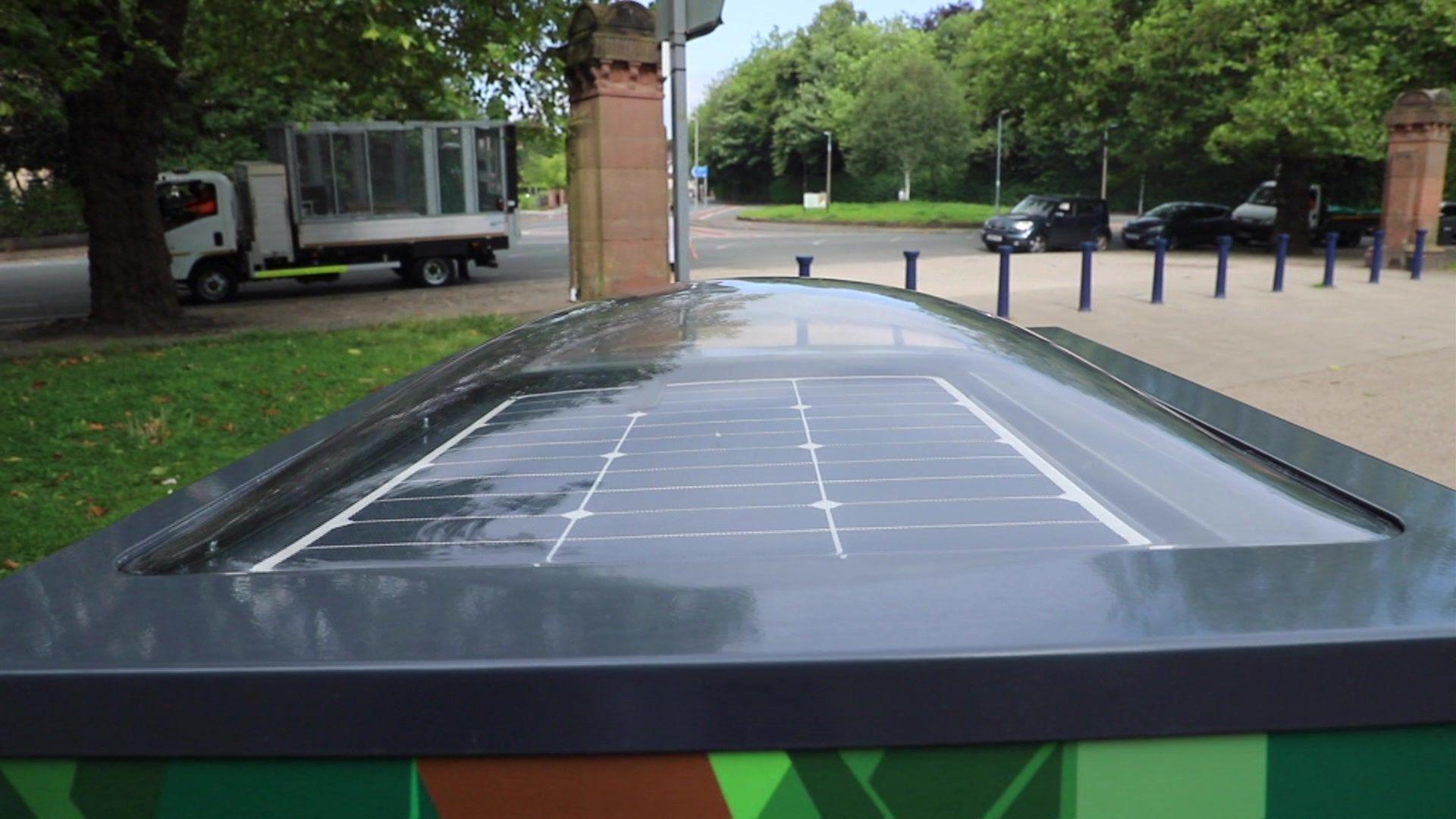
The "super-smart" bins have sensor technology fitted which trigger a compactor to crush down the litter when it is close to being full
The first 20 bins will be installed this week at a number of key locations across the city including Sefton Park, Newsham Park and Liverpool FC outside Anfield Stadium.
"This is just a trial to begin with so we’ll need to analyse the results to assess their true impact on these key locations and whether we roll them out to even more locations across the city," Councillor Laura Robertson-Collins, Liverpool City Council’s cabinet member for neighbourhoods, said.
"As well as investing in new technologies we also need to the public to play their part by binning their waste.
"To keep Liverpool tidy requires a big effort from us all and the public will see that from the Council over the coming months as we set up the waste taskforce."
This £2.5m plan will see the appointment of a new environment and anti-social behaviour taskforce supported by a new external enforcement provider.
The council said it would also seek to increase fixed penalty notices to the maximum level permitted under new legislation for litter, fly tipping and other environmental offences.
It has also invested in CCTV to identify and prosecute fly-tippers.
Listen to the best of BBC Radio Merseyside on Sounds and follow BBC Merseyside on Facebook, external, X, external, and Instagram, external. You can also send story ideas to northwest.newsonline@bbc.co.uk, external
Related topics
More like this story
- Published8 February 2024
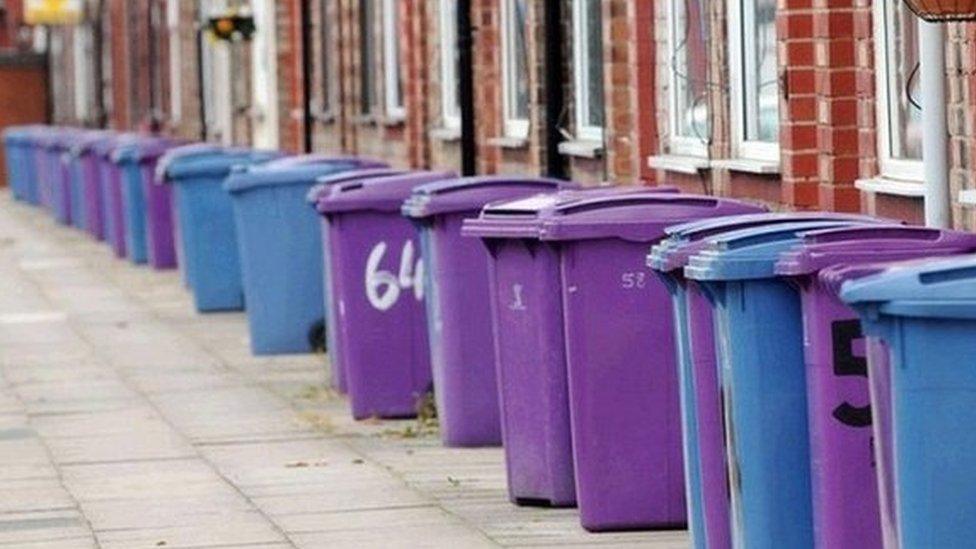
- Published9 July 2024
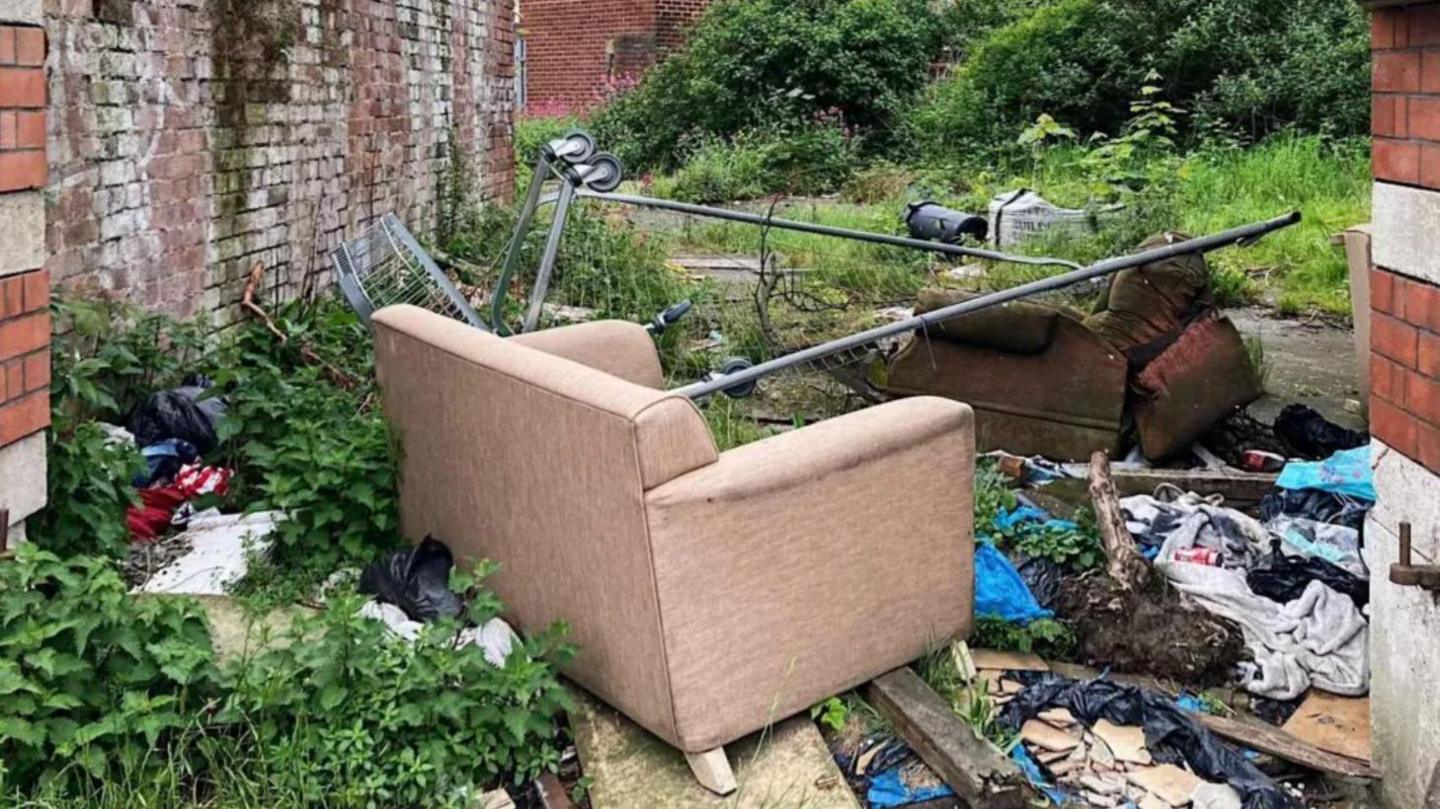
- Published15 June 2022
